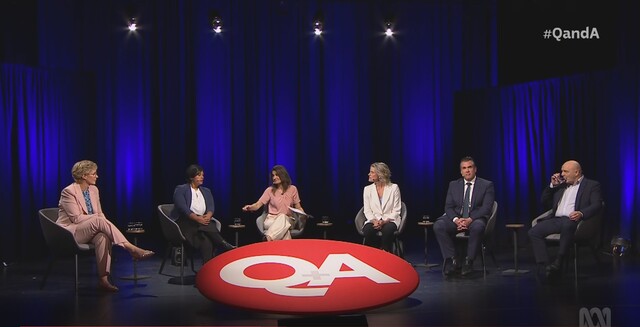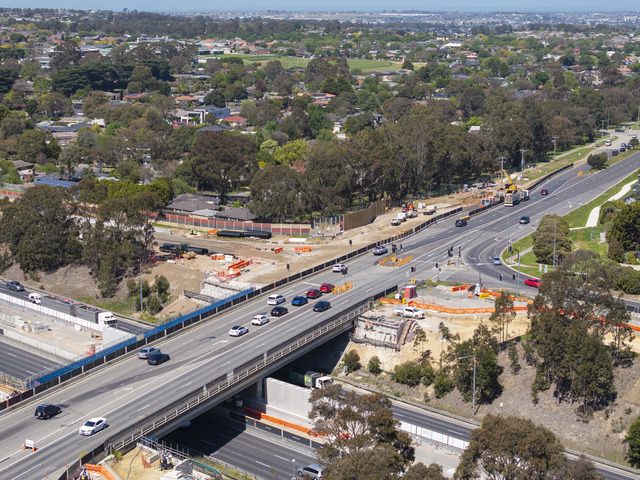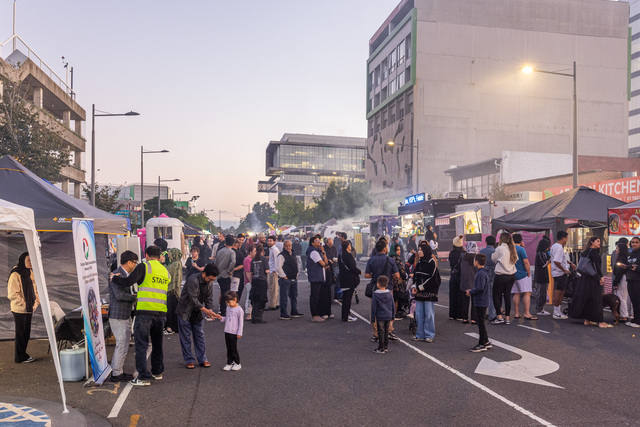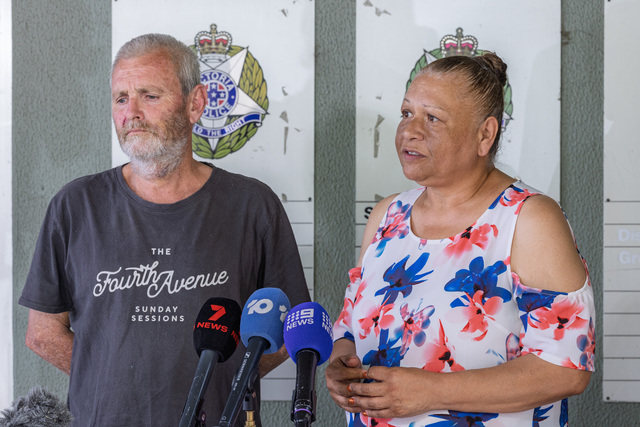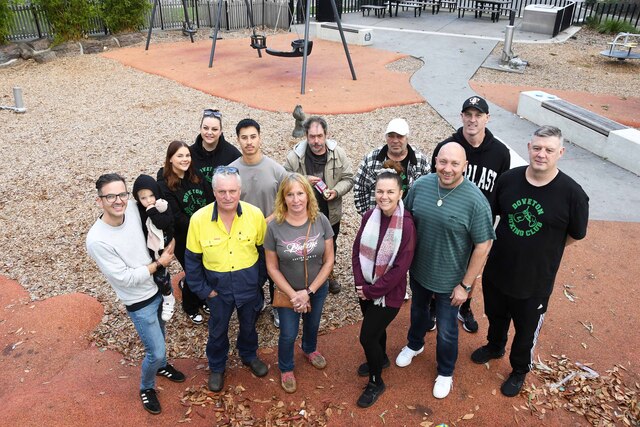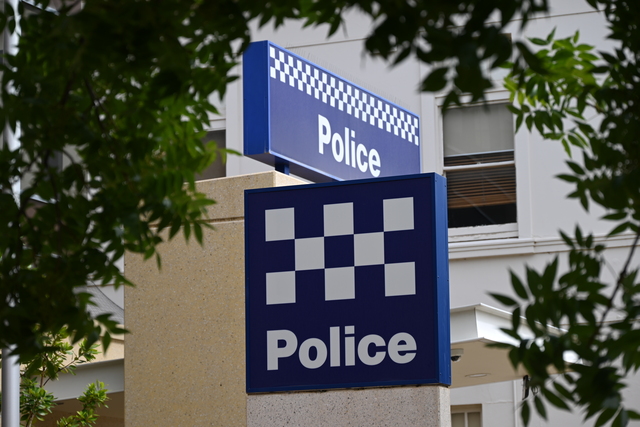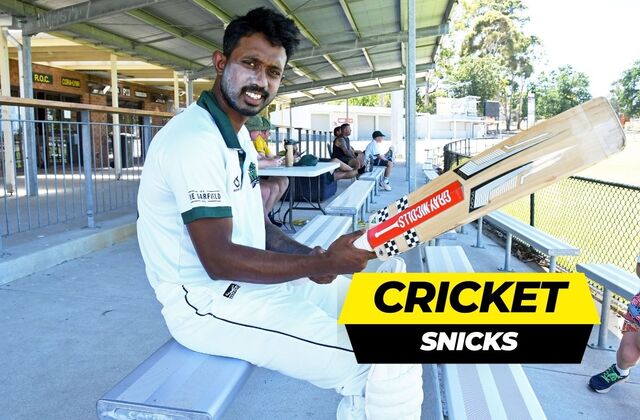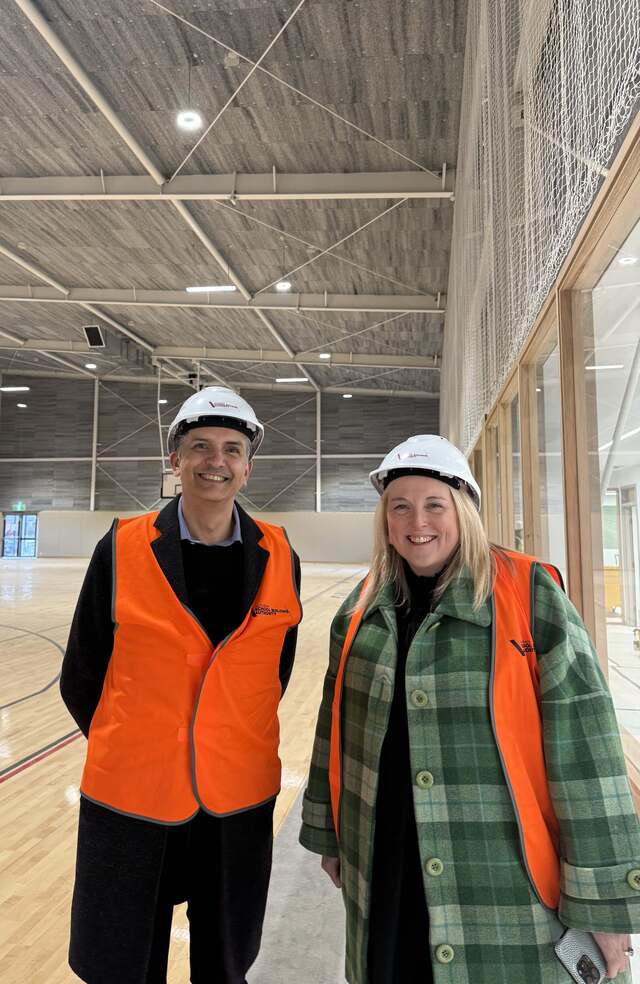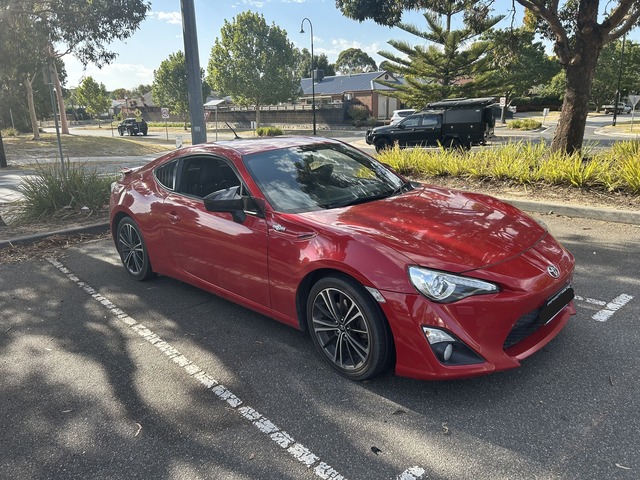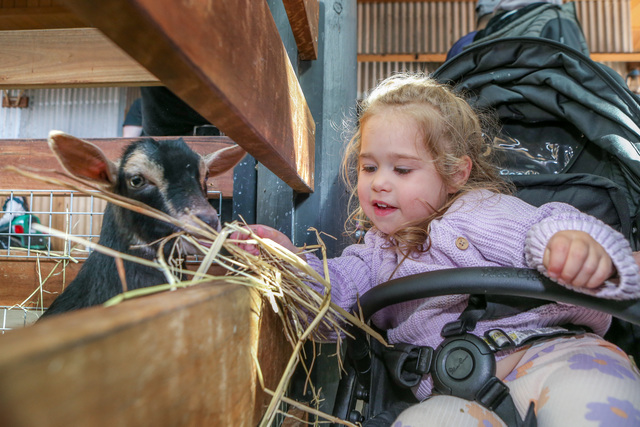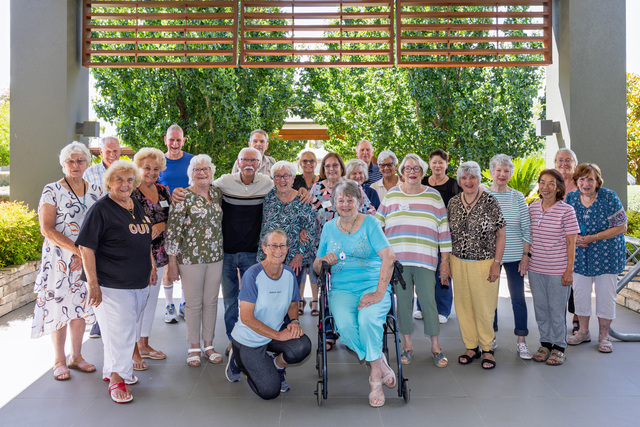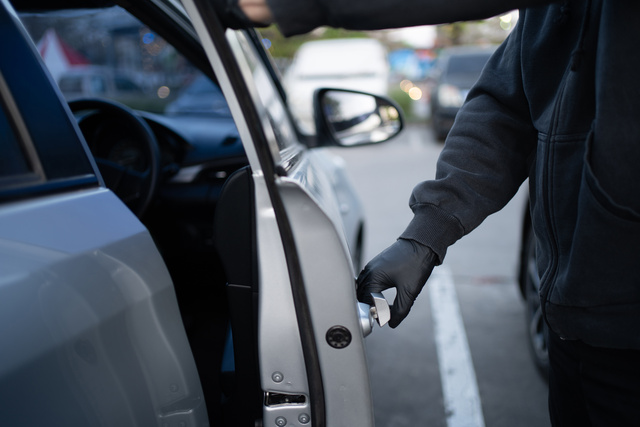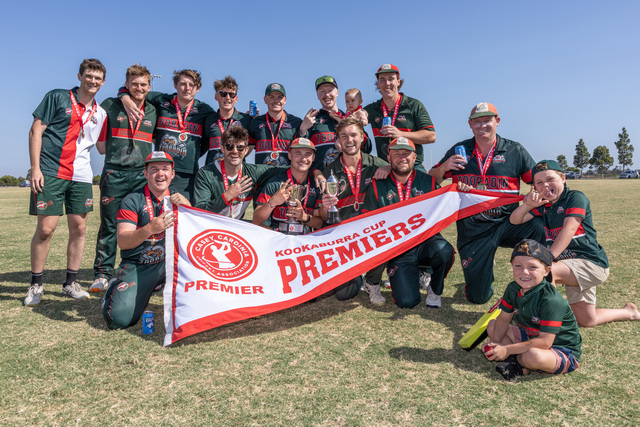Discussion on the housing crisis and the cost-of-living pressures hit Berwick’s streets once more, this time with Parliament’s officials and experts weighing in on it.
Australian Broadcasting Corporation’s weekly Q+A segment was held in Beaconhills College, where over a hundred residents packed into the school’s theatre to watch the show come to life.
Leading the panel was ABC’s and the show’s long-time host, Patricia Karvelas, accompanied by key speakers: Labor’s housing minister Clare O’Neil and the Coalition’s Michael Sukkar, in their first debate for this election.
They were also joined by independent MP Zalia Steggal, Melbourne’s lord deputy mayor Roshena Campbell and Australia Institute executive director Richard Denniss.
Speaking to Star News after the panel, Karvelas said that when it comes to facilitating an even platform for political debates, it all came down to “experience, hard work and confidence to back yourself”.
“This is a contest of ideas, don’t think of it as a performance physically or in language.
“I’m confident because I’m across the issues, I read everything, I’m comfortable because I know so much,” she said.
As both major parties commit policies on different platforms, it has become much easier for all forms of information, both accurate and inaccurate, to proliferate in all levels of media.
To Karvelas, it all comes down to obligation, and that broadcasters such as herself are “obligated to only talking facts”.
“If we make mistakes, we apologise, own it, correct the record, because people can make mistakes, humans are falliable.
“I’ve made mistakes, but owning it very quickly and also just fact-checking everything – if one person tells you something, don’t necessarily believe it; verify it, call other people,” she said.
In summary, the panel’s discussion went for just over an hour, with key audience members already hand-picked with crucial questions about the aforementioned topics.
Some were local residents, while some had, as usual, made their way from other parts of Melbourne to state their case.
Facilitating a balanced debate that hinged on timing, Karvelas allowed both O’Neil and Sukkar to trade verbal blows but have ample time for independent and expert views to even the playing field.
As the major parties played their cards, from Labor’s 5 per cent deposit on new homes to the Liberals’ super-backed incentive, Denniss called for bigger taxes on large corporations, Steggal weighed in on plausiblity, while Campbell provided boots-on-the-ground insight to resident impacts.
To Karvelas, fairness can sometimes be “difficult”.
“You have to be sometimes cruel to be kind, you have to be prepared to interrupt and stop people if you think that not everyone’s getting an equal say.
“You have to be prepared to challenge people; but fairness and making sure that the democratic project of everyone having their say and voters have the right to hear them has to be at the centre.”
She said that a lot of thinking happens while words are being spoken, especially when policies, numbers and statistics are involved.
“I’m like, has Michael answered that question? Has he had a fair go? Have they? If I feel like he has, then I move on,” Karvelas said.
“It’s a conscious process for me, is this a reflection of where the debate is? Have I made sure they addressed it?
“Sometimes politicians, they want to talk non-stop, so you have to be prepared to say to them, hey, I’m going to move on now, it’s not just their show, it’s a forum for everyone.”

